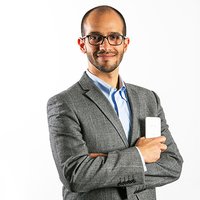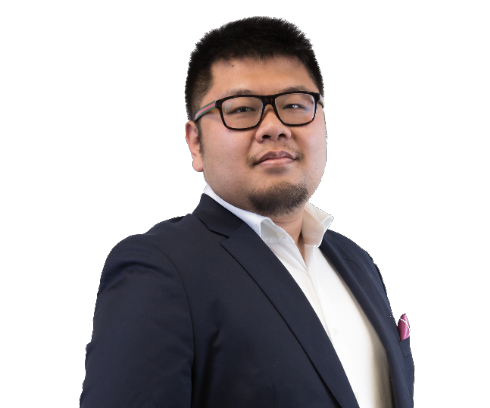Computer & electronics hardware
Bicheng Han
An inventor that brings brain machine interface out of science fiction into reality

Latin America
Jennifer Rodríguez Esparza
A vibrating keyboard that allows deafblind people to send and receive messages using touch technology

Latin America
Linda Franco
A futuristic jacket which turns your entire body into an interface for mobile and virtual reality apps

Latin America
Manuel Piñuela
He extracts the small amount of energy that is in the air around us to power the small batteries used in the world of Internet of Things devices.

Global
Abdigani Diriye
A computer scientist who founded Somalia’s first incubator and startup accelerator.
